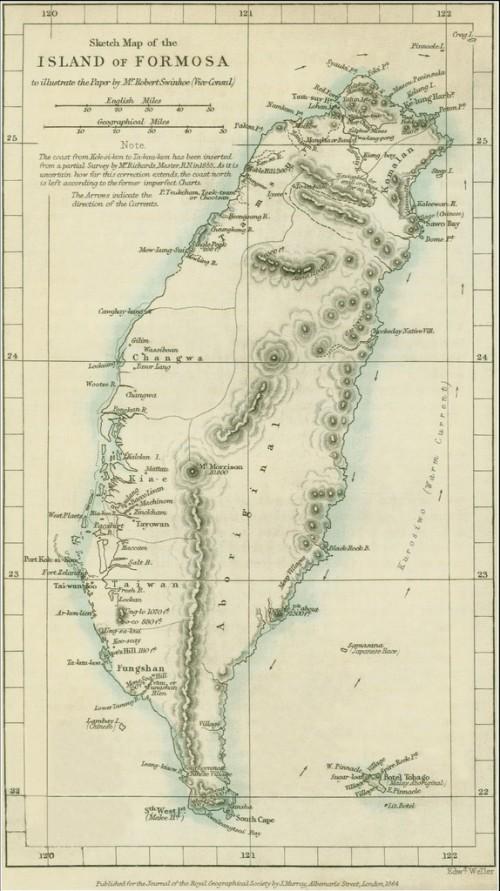Gareth Jones Asst. Int’l Editor
Only 22 members of the United Nations maintain official relations with Taiwan, every single one of them poverty-strike nations, mostly in Africa and South America. This number has slowly declined since 1971, when China (officially the People’s Republic of China) took over the ‘China’ seat in the United Nations, which up till then had been held by Taiwan (officially the Republic of China).
To be considered an illegitimate, de facto rouge nation by 85 percent of the world should be devastating. Even the Western Sahara, a strip of desert in Northern Africa, claims it enjoys official recognition from 84 UN member states. Not to mention Palestine, who recently enjoyed a further step towards statehood when granted permanent observer status to the UN, the final step towards sovereignty while still not being an actual state.
However, with a whopping estimated GDP at just under a trillion dollars last year, (19th highest in the world) Taiwan could probably buy Western Sahara with enough left over for a nice seaside condo somewhere in the West Bank. How they’ve managed to explode like that in spite of overt hostility from China is a complex story that highlights the importance of a friendly attitude towards the United States and careful protectionism, which sadly no longer come hand-in-hand. Regardless, Taiwan has made quite a name for itself. Its economic expansion is referred to as the Taiwan Miracle and it is the most overtly successful of the four Asian Tigers.
But what now? With a GDP like that, Taiwan normally would be a huge player in the geopolitical issues of its region. However, they have the difficult position of being sandwiched in between China and Japan, the world’s second and third largest economies respectively. So when the islands everyone has heard of recently, the Senkaku Islands, turned out to be sitting on a small fortune of rare earth metals, Taiwan faced quite the dilemma.
In one sentence, the history of the islands is as follows. China discovered them 600 years ago, Japan invaded in 1895 and ruled them until 1945, when the United States took over for 30 years before yielding control back to Japan in the 70’s, who has legally and privately owned them ever since. So where does Taiwan come in to this? By virtue of the fact that these islands are only a hundred and fifty miles off mainland Taiwan, as opposed to several hundred miles from China and almost 600 from Japan.
Strangely enough, China actually agrees that Taiwan owns the land, more to keep Japan away than for any goodwill towards Taiwan, but when you’re Taiwan ,sometimes you take what you can get. So what happens if/when Japan and Taiwan start to actually move militaristically over Senkaku?
The United States is in a tough spot. Article 9 of the Japanese Constitution stipulates that Japan will have no military, and instead let the US fight for them. All well and good, except that Taiwan is almost as important to American interests as Japan. Furthermore, consider that Chinese-Taiwanese business transaction is worth an estimated $400 billion a year, and you have a lot of incentives for peace. So what will happen to these islands?
For now, absolutely nothing. The unfortunate Japanese businessman hoping to plunder them for their minerals are out of luck, because, far and away, the easiest solution is, like much of international relations, no solution. Keep the guns pointed at each other and just carry on. Perhaps it’s for the best; when the rest of the world becomes a concrete jungle stripped of all natural beauty, these islands will stand pristine, and untouched because of the trouble it would cause to touch them. 











